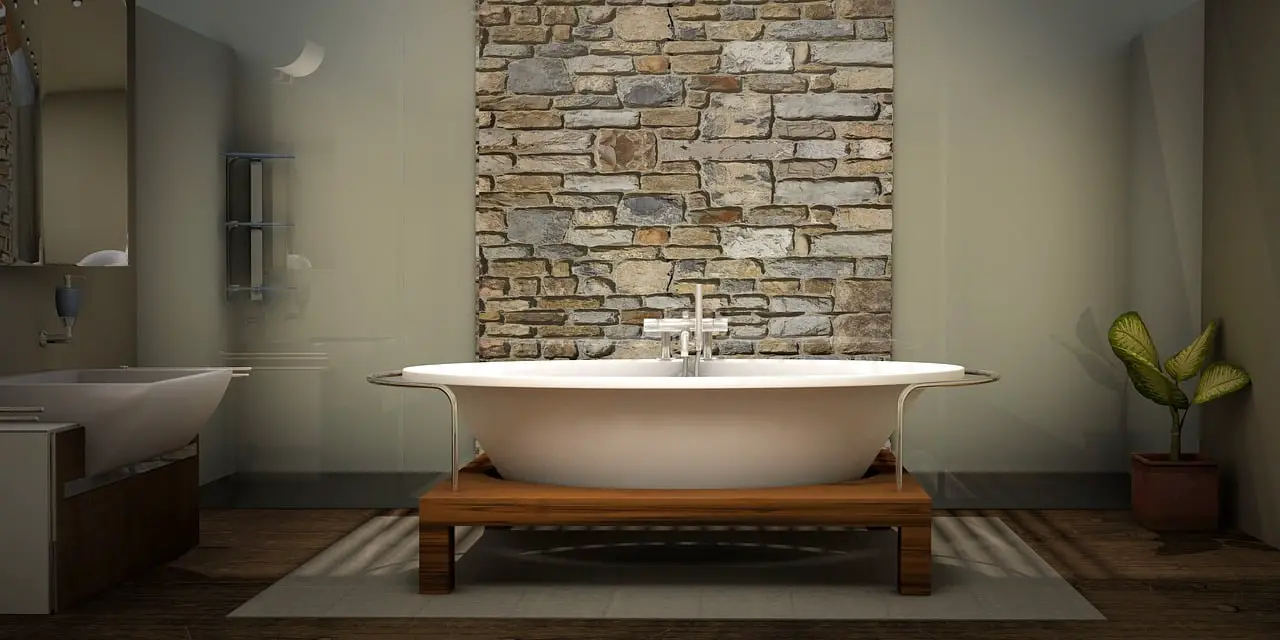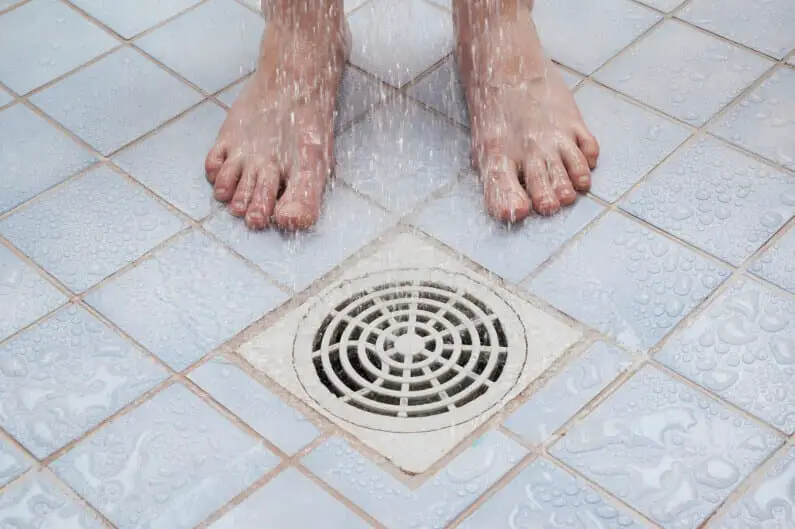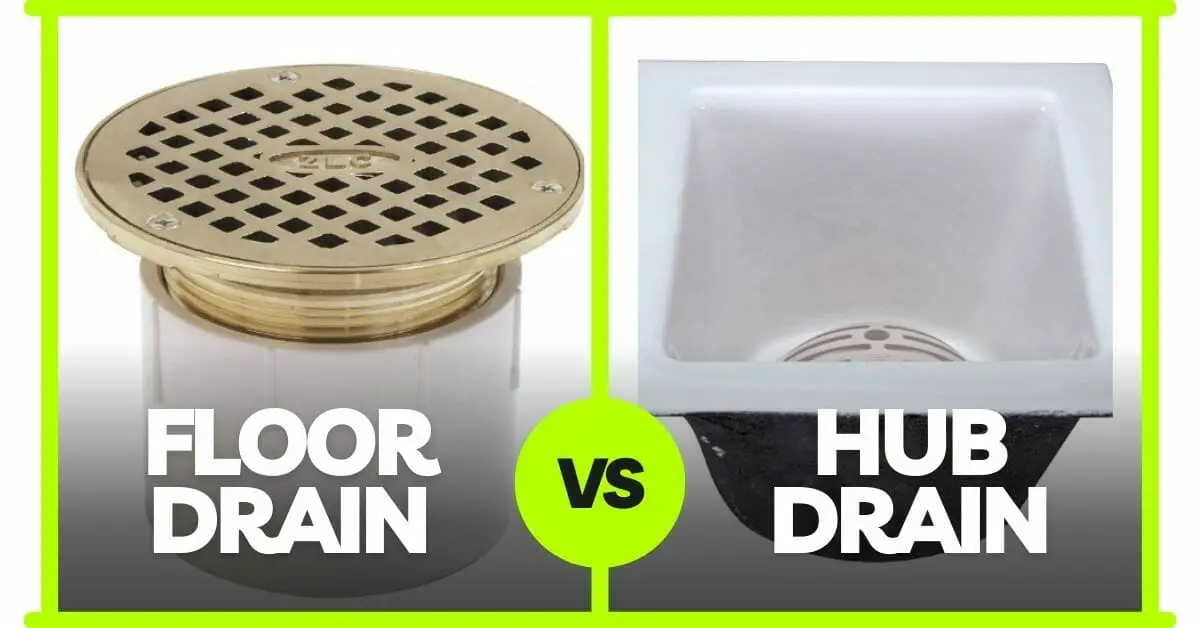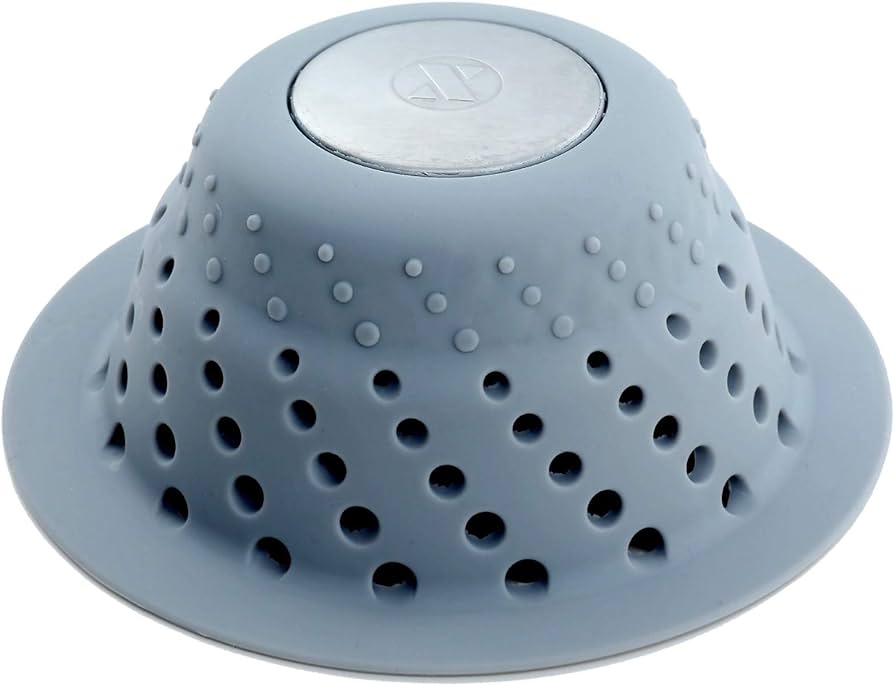Commercial tenants often face various responsibilities. One key responsibility is managing plumbing issues within their leased space.
Plumbing problems can disrupt business operations and lead to costly repairs if not addressed promptly. Knowing who is responsible for fixing these issues is vital for maintaining a smooth-running commercial property. In many cases, the tenant is responsible for plumbing repairs.
This can include tasks like fixing leaks, unclogging drains, or addressing water pressure problems. Understanding the extent of this responsibility helps tenants plan and budget effectively. It also clarifies expectations between tenants and landlords, avoiding potential disputes. Let’s explore the specifics of a commercial tenant’s plumbing responsibilities and how they can manage these tasks efficiently.

Credit: www.namozaj.com
Lease Agreement
When it comes to commercial properties, a lease agreement is a critical document. It outlines the terms and conditions of the tenancy, including who is responsible for what. One crucial aspect often covered in these agreements is who handles plumbing repairs. This can be a significant concern for commercial tenants, so understanding the lease agreement is essential.
Key Clauses To Look For
In any lease agreement, there are key clauses that tenants should pay close attention to. These clauses can greatly impact your responsibilities and costs as a tenant.
- Maintenance and Repair Clause: This clause specifies who is responsible for maintaining and repairing various parts of the property, including plumbing.
- Utility Clause: This outlines who pays for utilities, which can sometimes include plumbing services.
- Alteration Clause: If you plan to make any changes to the plumbing, this clause will tell you what is allowed and what permissions you need.
Responsibilities Defined
Understanding your responsibilities as a commercial tenant is crucial. Here’s a breakdown:
| Responsibility | Tenant | Landlord |
|---|---|---|
| Routine Maintenance | Often | Sometimes |
| Major Repairs | Rarely | Frequently |
| Emergency Repairs | Depends on Lease | Depends on Lease |
For instance, you might be responsible for routine maintenance, like unclogging a sink. However, major repairs, such as fixing a broken sewer line, might fall under the landlord’s duties. It’s all about the specifics in your lease agreement.
Imagine this: You’re running a bustling café, and suddenly, the plumbing goes haywire. If you know your lease well, you’ll know exactly who to call. No need for panic, just a quick check on the agreement, and you’re good to go.
Remember, the devil is in the details. Make sure to read your lease agreement thoroughly and, if possible, consult with a legal expert to fully understand your responsibilities.
Common Plumbing Issues
Being a commercial tenant comes with its own set of responsibilities, and one of the most critical is dealing with plumbing issues. These problems, if not addressed promptly, can disrupt business operations and lead to costly repairs. Let’s dive into some of the most common plumbing issues you might face.
Leaky Faucets And Pipes
Leaky faucets and pipes are among the most frequent plumbing issues. A dripping faucet may seem minor, but it can waste a lot of water over time. Imagine the sound of dripping water all night long. Annoying, right? Not to mention, leaks can lead to higher water bills. The same goes for leaking pipes. If you notice a puddle or damp spots around your pipes, it’s time to act. A small leak can turn into a big problem if ignored.
Clogged Drains And Toilets
Another common issue is clogged drains and toilets. This can be a real headache, especially in a busy commercial space. Clogs often happen due to the accumulation of hair, grease, or foreign objects. Toilets, on the other hand, can get clogged by too much toilet paper or things that shouldn’t be flushed in the first place. A clogged toilet can disrupt the entire workspace, causing inconvenience and potentially unpleasant odors.
| Plumbing Issue | Potential Causes | Quick Fixes |
|---|---|---|
| Leaky Faucets | Worn-out washers, O-rings | Replace washers, tighten fittings |
| Leaky Pipes | Corrosion, high water pressure | Seal with tape, call a plumber |
| Clogged Drains | Hair, grease buildup | Use a plunger, unclogging solution |
| Clogged Toilets | Excess toilet paper, foreign objects | Plunger, plumbing snake |
Dealing with plumbing issues might not be the most glamorous part of being a tenant, but it’s crucial. Regular maintenance and prompt action can save you a lot of trouble down the road. Remember, a stitch in time saves nine!
Preventative Maintenance
Preventative maintenance is crucial for commercial tenants responsible for plumbing. Keeping plumbing systems in good condition helps avoid costly repairs. It also ensures a comfortable environment for everyone. Let’s explore some essential preventative measures.
Regular Inspections
Conduct regular inspections to identify potential issues early. Check for leaks, corrosion, and any unusual noises. Inspect pipes, valves, and fixtures thoroughly. Document any problems and take action immediately. Regular inspections help maintain a healthy plumbing system.
Routine Cleaning
Routine cleaning keeps plumbing systems efficient. Clean drains to prevent clogs and backups. Use safe cleaning products to avoid damaging pipes. Remove debris and buildup from fixtures and drains. Routine cleaning reduces the risk of costly plumbing issues.
Diy Fixes
When you’re a commercial tenant, fixing minor plumbing issues can save you time and money. This section is all about DIY Fixes that you can handle on your own. You don’t need to be a professional plumber to manage some of these common repairs. Just a few basic tools and a bit of know-how can go a long way. Let’s dive into the essentials and make you a plumbing pro in no time!
Basic Tools Needed
Before you start any plumbing repair, make sure you have the right tools. Here’s a list of basic tools that should be in your toolkit:
- Adjustable Wrench: Perfect for tightening or loosening nuts and bolts.
- Plunger: A lifesaver for clearing clogs in sinks and toilets.
- Pipe Wrench: Great for gripping and turning pipes.
- Plumber’s Tape: Helps create a watertight seal on threaded pipe joints.
- Bucket: Handy for catching water spills during repairs.
- Plumbing Snake: Useful for clearing deeper clogs.
Simple Repairs
Now that you have your tools ready, let’s look at some simple repairs you can do yourself:
1. Unclogging a Drain:
A clogged drain can be a real nuisance. To fix it, use a plunger to create suction and dislodge the blockage. If that doesn’t work, try a plumbing snake to reach further down the pipe.
2. Fixing a Leaky Faucet:
A dripping faucet is not only annoying but also wastes water. Start by turning off the water supply. Then, use an adjustable wrench to remove the faucet handle and replace the worn-out washer or O-ring. Reassemble the faucet and turn the water back on.
3. Running Toilet:
A running toilet can increase your water bill. Open the toilet tank and check the flapper. If it’s worn or not sealing properly, replace it. Adjust the float arm if needed to ensure the water stops at the correct level.
4. Fixing Low Water Pressure:
If your faucet has low water pressure, the aerator might be clogged. Unscrew the aerator, clean it, and reinstall it. For showerheads, soak them in vinegar to remove mineral deposits.
Remember, while these DIY fixes can handle many common plumbing issues, don’t hesitate to call a professional if you’re unsure or if the problem persists. Happy fixing!
When To Call A Professional
As a commercial tenant, maintaining your space is crucial for ensuring smooth business operations. While you may handle minor plumbing issues yourself, there are situations where calling a professional is not only wise but necessary. Understanding when to call a professional can save you time, money, and prevent bigger problems down the line.
Identifying Major Issues
It’s important to recognize when a plumbing issue is beyond your control. Here are some signs that indicate you should call a professional:
- Persistent Clogs: If plunging or using a drain cleaner doesn’t solve the problem, it could signal a serious blockage.
- Water Leaks: Leaks can cause extensive damage and mold growth. If you notice water stains or drips, it’s time to call an expert.
- Low Water Pressure: Sudden drops in water pressure can indicate pipe corrosion, leaks, or blockages that need professional attention.
- Strange Noises: Gurgling, banging, or whistling sounds from your pipes can be signs of air in the pipes or other significant issues.
Finding A Reliable Plumber
Once you’ve identified that you need a professional, the next step is finding a reliable plumber. Here’s how to do it:
- Ask for Recommendations: Talk to neighboring businesses or friends. Personal recommendations are often the most trustworthy.
- Check Online Reviews: Look at reviews on Google, Yelp, or other platforms. Pay attention to both positive and negative feedback.
- Verify Credentials: Ensure the plumber is licensed, insured, and certified. This guarantees they have the necessary training and protection in case of accidents.
- Request Quotes: Get multiple quotes to compare prices and services. This helps you find a fair and reasonable offer.
Remember, fixing plumbing issues promptly and effectively is crucial to maintaining a safe and functional commercial space. When in doubt, calling a professional can save you from potential headaches and costly repairs in the future.
Cost Management
Cost management is crucial for commercial tenants responsible for fixing plumbing. Effective planning and smart strategies can help control expenses. Let’s explore some key aspects of cost management for plumbing repairs.
Budgeting For Repairs
Creating a budget for plumbing repairs is essential. Start by estimating potential repair costs. Research typical plumbing issues and their repair costs. Allocate funds specifically for these repairs in your budget. This ensures you are prepared for unexpected plumbing problems.
Sharing Costs With Landlord
Discuss cost-sharing options with your landlord. Some leases allow for shared expenses. Review your lease agreement to understand your responsibilities. Negotiate with your landlord to share large repair costs. This can help manage financial burdens and foster a good relationship.
Legal And Insurance Considerations
Understanding the legal and insurance aspects of fixing plumbing issues is crucial for commercial tenants. This helps avoid unexpected costs and ensures compliance with lease agreements. Tenants should be aware of their responsibilities and protect themselves with the right insurance coverage.
Understanding Liability
Liability for plumbing repairs often lies with the tenant. Lease agreements usually specify who is responsible. Tenants must read these agreements carefully. Any ambiguity should be clarified with the landlord. This helps avoid disputes and unexpected expenses.
Insurance Coverage Options
Insurance can cover many plumbing-related issues. Commercial property insurance often includes plumbing coverage. Tenants should check their policies for specific coverage details. If not included, they may need additional coverage. This ensures they are protected against costly repairs.
Plumbing issues can cause significant damage. Water damage coverage is essential. It can cover repairs and any related damage. Tenants should discuss options with their insurance agent. This ensures they have the right protection in place.

Credit: www.tenantplanet.com
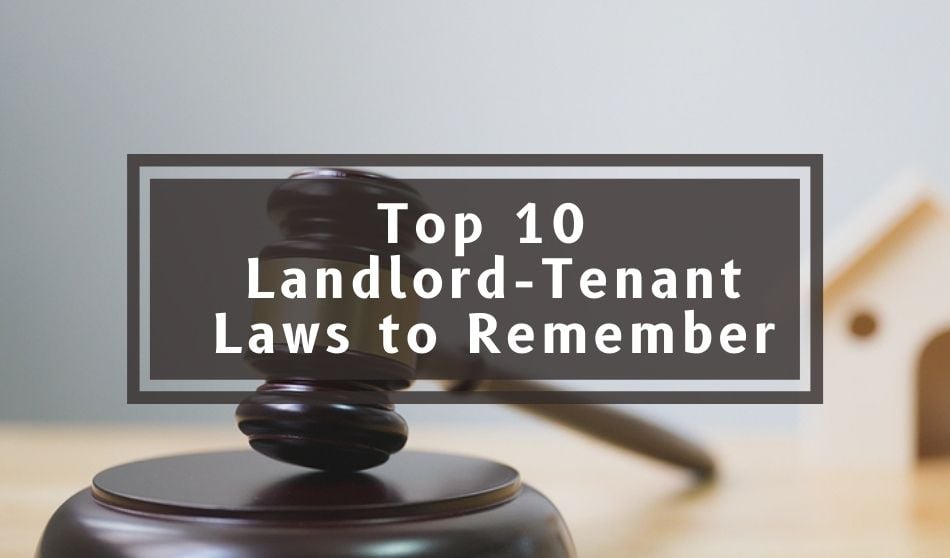
Credit: www.rentecdirect.com
Frequently Asked Questions
Do Tenants Have To Pay For Plumbing Repairs?
Tenants typically pay for plumbing repairs due to their negligence or misuse. Landlords usually cover normal wear and tear issues. Always check your lease agreement.
Who Is Responsible For Water Damage From A Commercial Building?
The building owner typically bears responsibility for water damage in a commercial property. Lease terms may also assign liability. Consult your lease agreement and local laws for specifics.
What Repairs Are Commercial Landlords Responsible For In South Carolina?
Commercial landlords in South Carolina are responsible for maintaining structural integrity, common areas, and ensuring building safety. They must repair roofs, walls, and foundations. They also handle major systems like electrical, plumbing, and HVAC. Specific lease agreements might outline additional responsibilities.
Does A Commercial Landlord Have To Provide A Toilet?
Yes, a commercial landlord must provide toilet facilities. Legal requirements vary by location and type of business. Ensure compliance with local regulations.
Conclusion
Understanding plumbing responsibilities can prevent conflicts between tenants and landlords. Clear communication helps. Tenants should know their duties. Landlords should outline maintenance expectations. Both parties benefit from smooth operations. Address plumbing issues promptly. Avoid costly repairs and disputes. Stay informed.
Keep the property in good condition. Happy tenants, happy landlords.

